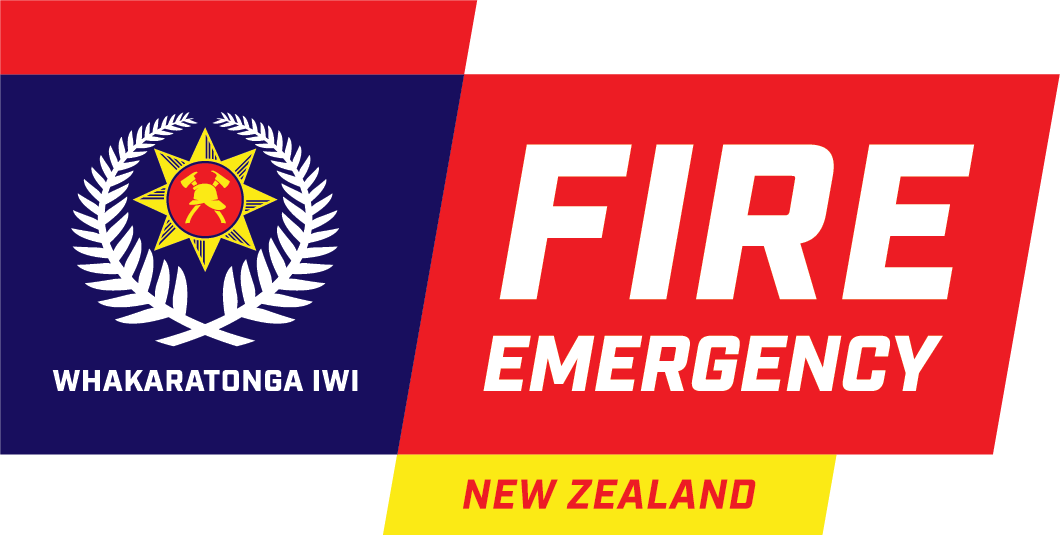COVID-19 Update for Hawke's Bay
COVID-19 has been identified within the community and emergency response personnel in the Hawke’s Bay following the impacts of ex-tropical Cyclone Gabrielle. To minimise the transmission of COVID-19 to personnel, the following protocols should be considered:
- Use of a medical grade face mask
- Maintain good personal hygiene measures
- Complete rapid antigen testing prior to shift
- Advise your coordination centre manager if you are feeling unwell or have any of the following symptoms:
- A new or worsening cough
- A high temperature (at least 38◦C)
- Shortness of breath
- Sore throat
- Sneezing and running nose
- Temporary loss of smell
- Altered sense of taste
- Body aches
These symptoms do not necessarily mean a team member has COVID-19. The symptoms are similar to other common illnesses such as cold and flu, and can still impact on their ability to work. Some people may present with less typical symptoms such as diarrhoea, headache, myalgia (muscle pain) or muscle aches, malaise (a general feeling of discomfort, illness, or unease whose exact cause is difficult to identify), nausea/vomiting, chest pain, abdominal pain or confusion/irritability.
Personnel should consider wearing a medical grade face mask such as a blue surgical mask or higher-grade mask (e.g. an N95 particulate respirator). The use of non-medical grade masks as a face covering is not advised. In situations where physical distancing cannot be maintained, the use of an N95 particulate respirator should be considered.
Rapid Antigen Testing (RAT)
Rapid Antigen Tests are most effective in detecting when someone is in the most infectious phase (days 1-7), often before the onset of symptoms.
Rapid Antigen Tests require the user to provide a test sample, normally via a nasal swab and can provide results in 15-30 minutes. It is recommended that all demobilising personnel undertake a RAT prior to any travel from the Base of Operations in Hastings.
If someone is to become unwell:
- Self-isolate and immediately undertake a RAT.
- If the test is positive, the individual should isolate for 7 days and provide a negative RAT test result on day 7, in order to leave isolation. If a positive RAT test result is produced on day 7, they should remain in isolation and RAT test each day thereafter, until a negative RAT result is provided.
- Ensure the individual is otherwise medically stable and does not require immediate treatment or evacuation to a definitive care facility.
- If a RAT test result is negative and the individual is feeling unwell, the individual should remain at their accommodation, and seek medical advice if required.
Isolation capabilities
- A pre-designated isolation area in the coordination facility should be identified for a team member who becomes unwell. If the team member becomes unwell in hotel/motel accommodation, the team member should be left isolating in their room, and protocols put in place to minimise contact such as food deliveries and other supplies.
- Individuals will follow medical advice on what is appropriate.
